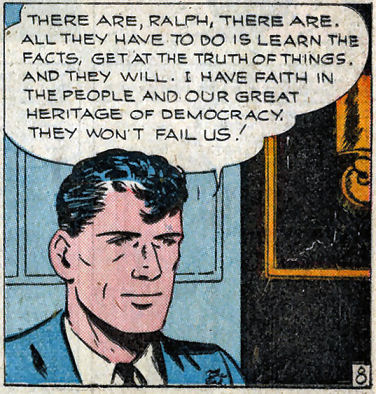Luther Blissett » Tue Jul 21, 2015 10:08 am wrote:Black tumblr seemed to believe, for the most part, that #berniesoblack started out at Hillary psyop and that it just took off from a few prominent but bought personalities.
2016 is so

innit?
The most agonizingly hilarious part of watching #BernieSoBlack explode was cracker progs jumping on board thinking they were "playing along."
My personal favorite was
"#BernieSoBlack that Hillary Clinton is taking his vote for granted." Also, from a local DJ/activist -
"#BernieSoBlack he makes white liberals in Vermont nervous" - although to our credit, Vermont just got its first NAACP chapter two weeks back.
(That still matters, right?)
Latest analysis from Mr. Silver --
http://fivethirtyeight.com/features/the ... t-hillary/“The recent rise of Bernie Sanders,” wrote Vox’s Jonathan Allen last week, “points as much to [Hillary] Clinton’s vulnerability as Sanders’s strength.” Allen went on to argue that Joe Biden should run for president.
Clearly Vox is trying to out-stupid both The Atlantic and HuffPo in 2015.
The Bernie Sanders surge, in other words, has a lot more to do with Bernie Sanders than with Hillary Clinton. More specifically, it has to do with his left-populist politics. We’re going to break some news here: It turns out that some Democrats are really liberal, and they like a really liberal candidate like Sanders. Right now, Sanders is winning about half the support of white liberal Democrats, but little support from other groups within the party. That works out to around 25 or 30 percent of the vote in Iowa and New Hampshire but more like 15 percent among Democrats nationally.
It’s possible that Sanders’s standing will continue to improve. If he goes from winning half of the white liberal vote to most of it, he could win Iowa and New Hampshire, though not very many other states.
But he could also encounter some headwinds. Sanders’s name recognition is now 70 to 80 percent in Iowa and New Hampshire, so he doesn’t have that much more room to grow on the basis of improved name recognition alone. And while he’s an appealing choice to some very liberal Democrats, Democrats who describe themselves as “somewhat liberal” may instead prefer Clinton. The policy differences between the Democrats aren’t all that profound; Clinton is pretty liberal herself, and she and Sanders voted together 93 percent of the time in the two years they spent in the Senate together.
Big Apathy still runs bartertown. Silver takes that for granted in his analysis:
most people don't vote, period.What about the Clinton campaign itself? So long as Clinton retains 80 percent favorable ratings among Democrats, she has little reason to deflate the Bernie bubble. Sanders may satiate the media’s desire for a “competitive” Democratic primary without really making her vulnerable.





 innit?
innit?